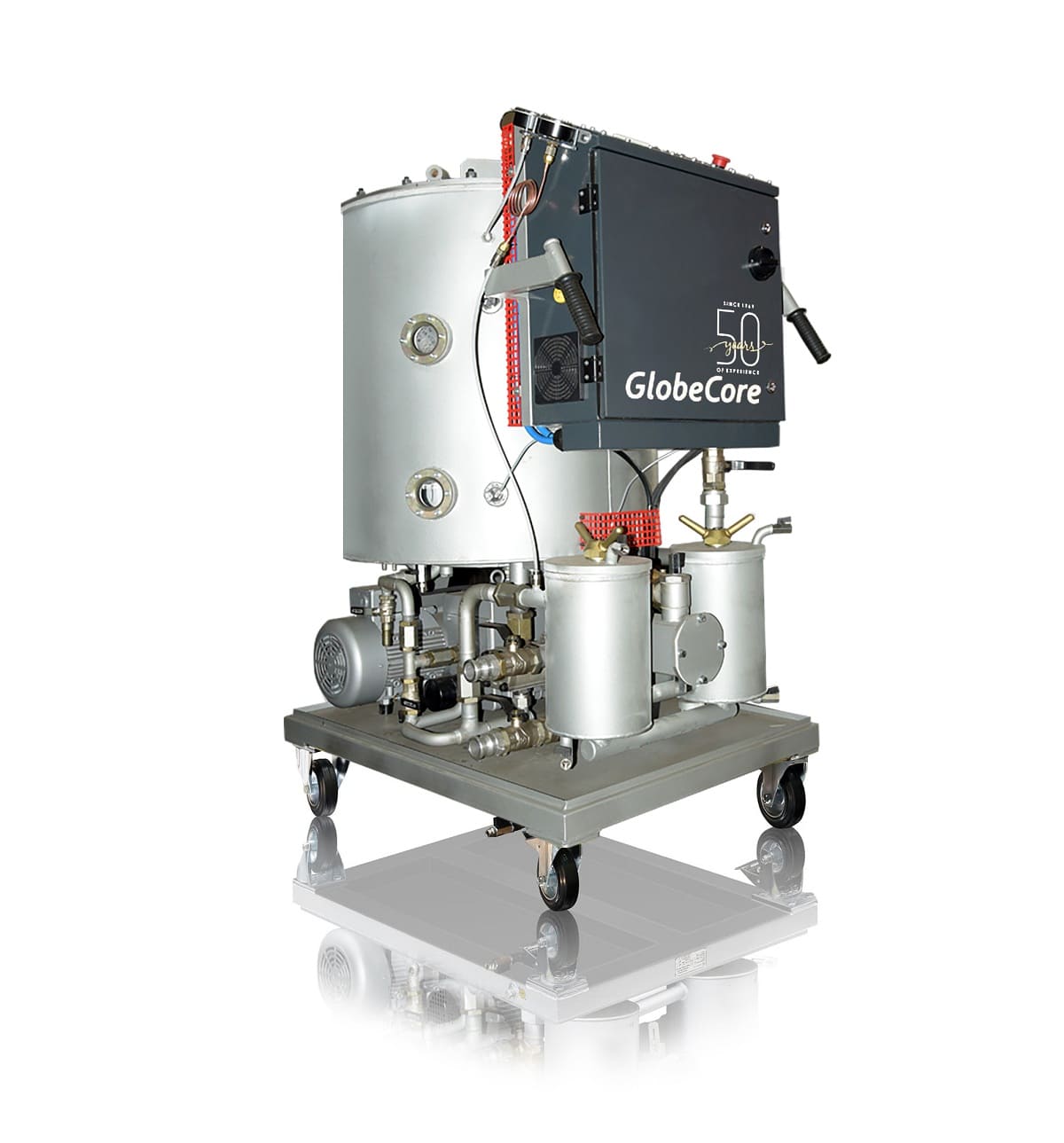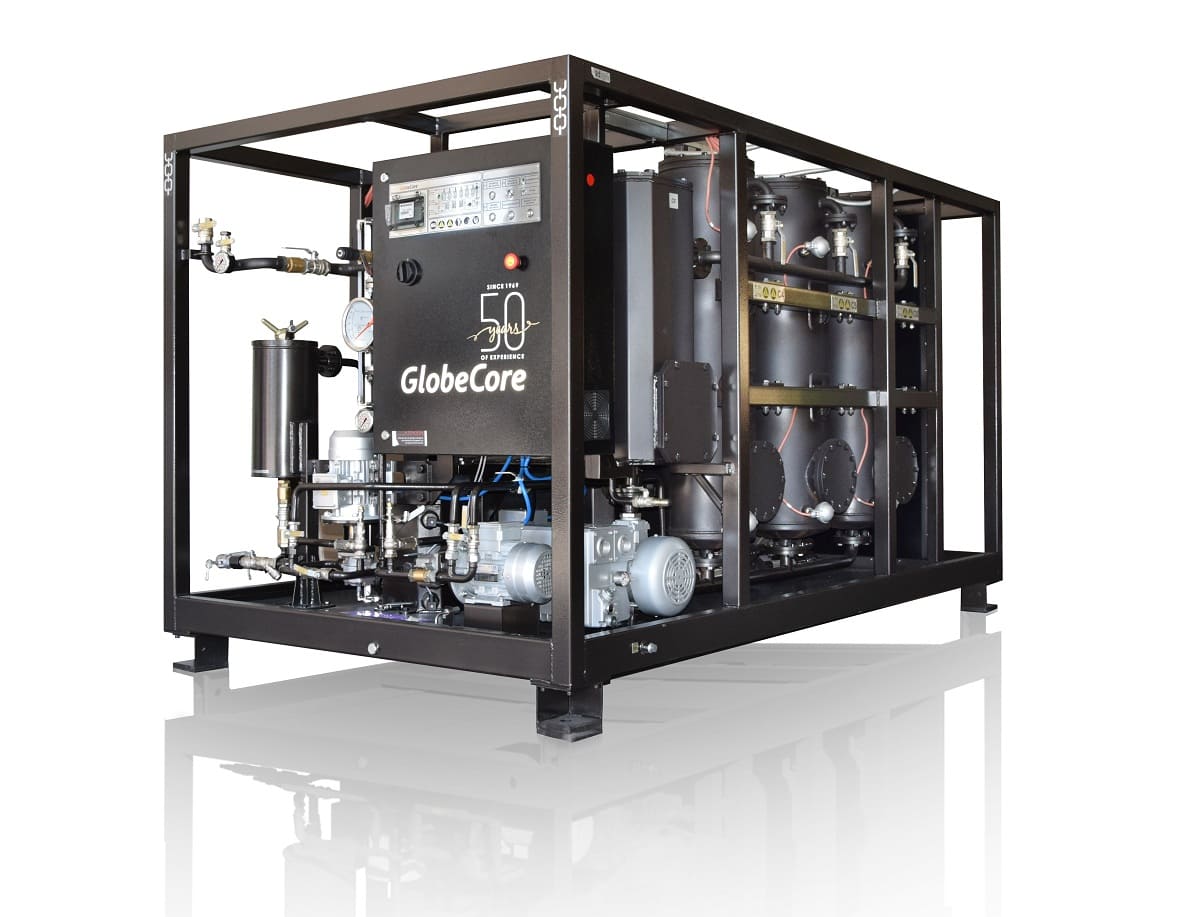Hydraulic oil purification
What factors should be considered when selecting Cartridge Hydraulic Oil Filters for a specific application?
- This topic has 1 reply, 2 voices, and was last updated 1 year, 4 months ago by .
Answers
-
October 7, 2024 at 10:55 am by Kevin White
When selecting Cartridge Hydraulic Oil Filters for a specific application, several key factors should be considered to ensure optimal performance and compatibility. Filter Rating and Efficiency are crucial, as the cartridge should effectively remove contaminants of the required size to protect hydraulic components. Flow Rate Compatibility ensures that the filter does not impede oil flow, maintaining system pressure and performance. Filter Media Type must match the contaminants expected in the hydraulic oil, whether particulate, microbial, or chemical. Compatibility with Oil Type is essential, ensuring the cartridge material and design are suitable for the specific hydraulic oil, whether synthetic or mineral-based. Temperature and Pressure Ratings must align with the operational conditions of the hydraulic system to prevent filter failure under extreme conditions. Filter Size and Housing Compatibility ensures proper fitment within the existing filtration system, avoiding leaks and ensuring secure installation. Longevity and Maintenance considerations, such as cartridge lifespan and ease of replacement, affect operational efficiency and downtime. Cost and Availability also play a role, balancing budget constraints with the need for reliable, high-quality filters. Lastly, Brand Reputation and Quality ensure that the selected cartridge meets industry standards and delivers consistent performance, providing confidence in the filtration process. By evaluating these factors, maintenance teams can select Cartridge Hydraulic Oil Filters that best suit their specific application needs, ensuring effective contamination removal and system protection.



